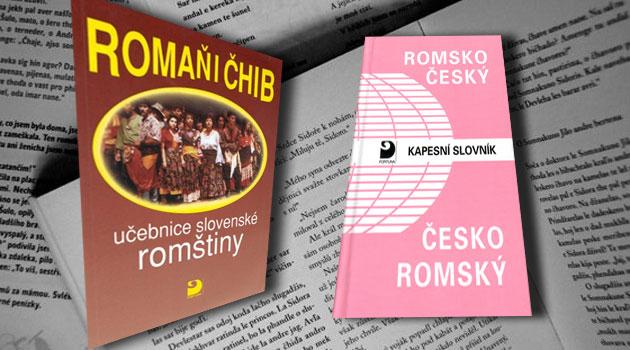Czech Gov't report: More than 41 000 people consider Romanes their mother tongue

More than 41 000 people in the Czech Republic consider Romanes their mother tongue. Four-fifths of them also consider Czech their mother tongue as well.
The most recent annual report by the Czech Government about the state of the Romani minority bases those findings on census results. The document finds that while Romani culture and history have achieved a certain level of recognition in recent years, Czech society does not yet perceive it as a component of its own national cultural heritage.
"Romani culture and language are not yet fully perceived by the majority society as a full-fledged component of the culture heritage of the Czech Republic," the report states. The development and preservation of Romani culture and language "are threatened by continuing acculturation and linguistic assimilation", according to the report.
Such acculturation mainly manifests itself among Romani youth. According to the census results, only 4 919 people in the country listed Romanes as their sole mother tongue.
For 33 351 respondents their mother tongues were Romanes and Czech, while 2 100 people listed their mother tongues as Romanes and Slovak. A total of 41 087 persons listed Romanes as their mother tongue.
Romani studies scholars from Charles University mapped knowledge of Romanes in a sample of 1 000 Romani children between 10 and 17 years old several years ago. They found that only about one-third of the sample spoke Romanes well.
The authors of that research demonstrated that Romani people in the Czech Republic are switching from using Romanes to using Czech. Children learn Romanes mainly from their peers and from older relatives but speak Czech at home.
Most Romanes speakers today then begin to learn the Romani language on their own once they are adults. The authors of the research said there is little appreciation for the fact that many Romani people are bilingual.
Czech Human Rights Minister Jiří Dienstbier (Czech Social Democrats – ČSSD) believes International Romani Day is meant to enhance Romani identity and the importance of Romani culture. "Today, International Romani Day is supposed to remind both Romani people themselves and the societies in which they live of the importance of Romani values, of Romani identity – ‘romipen’ (‘Romani-ness’), of Romani culture, and, in this recent decade, of the fact that it is only together that we can create room for coexistence and mutual understanding," the minister said in a statement.
Schools in the Czech Republic are able to offer Romanes language instruction as an elective (not required) subject. Those interested in learning Romanes can also find a mini-course in it online.
Romanes is a Modern Indic language in Indo-European language family. It takes many forms and differs from place to place.
Roughly four-fifths of the Romani people in the Czech Republic use the Eastern Slovak patois of a particular dialect of Romanes. Most Czech Roma perished during the Second World War in the concentration camps; Romani people from Slovakia then came to the Czech Republic during the postwar period.
According to Jarmila Balážová, spokesperson for the Czech Human Rights Minister, the surviving relatives of the Czech Roma had no one to learn their language from. "Among the Moravian Roma, some do not speak Romanes at all. When I was in school, my fellow Romani pupils and I could understand the language, but we too had to learn it all over again later on. Romanes is an ancient, very difficult language, more difficult than Czech," Balážová notes.
A few years ago there was a debate in the Romani community over whether to legally make Romanes an official language. "Only a small group of people were so inclined. However, everyone would welcome it if subjects like the Czech language, history, and literature would mention Romani history and the Romanes language more. That knowledge would help everyone," Balážová believes.